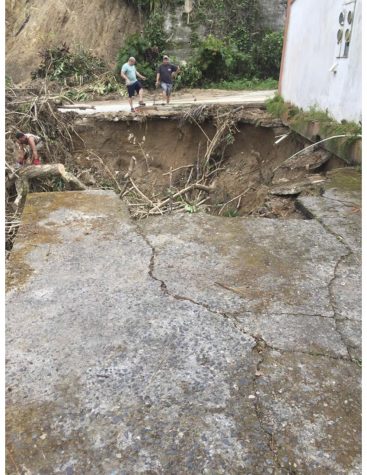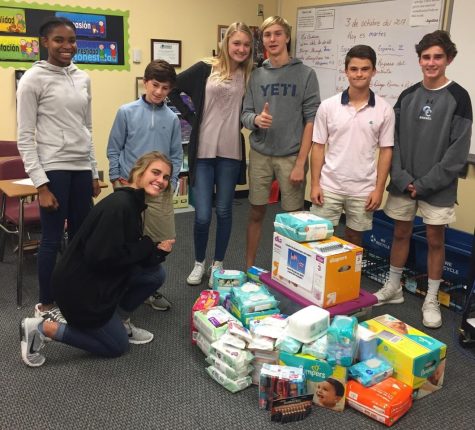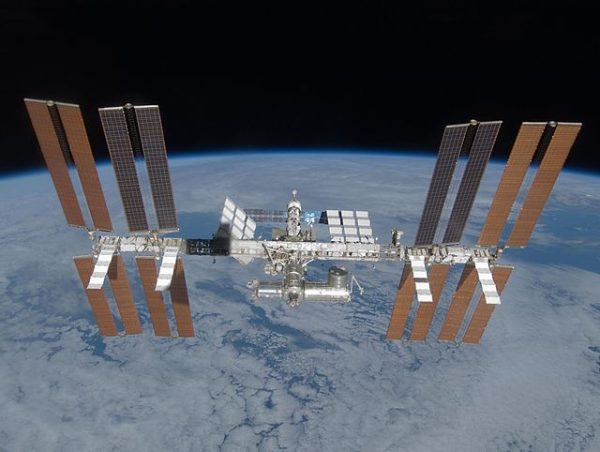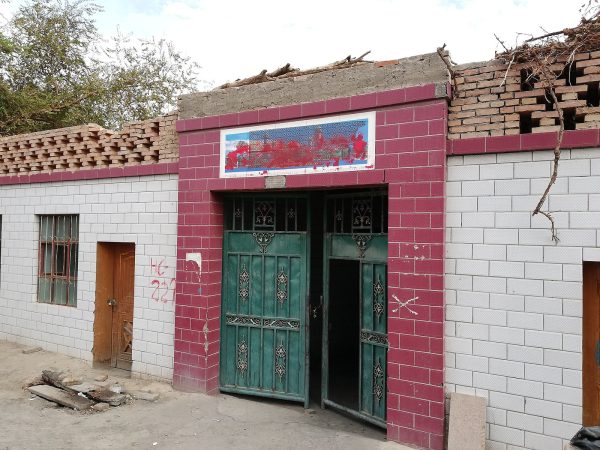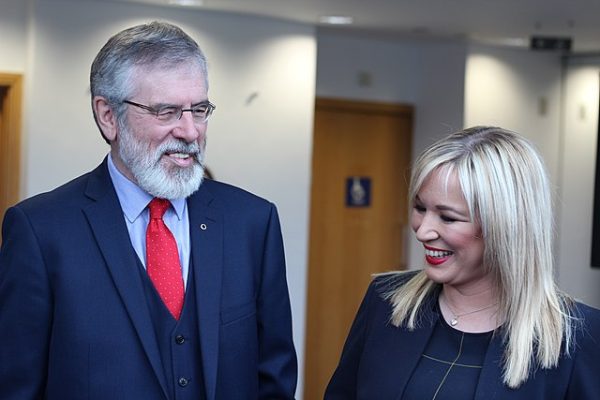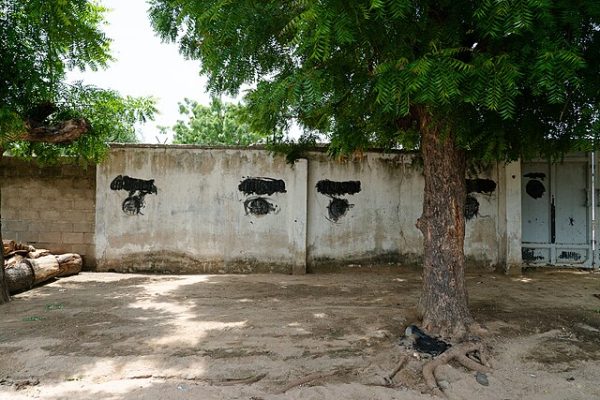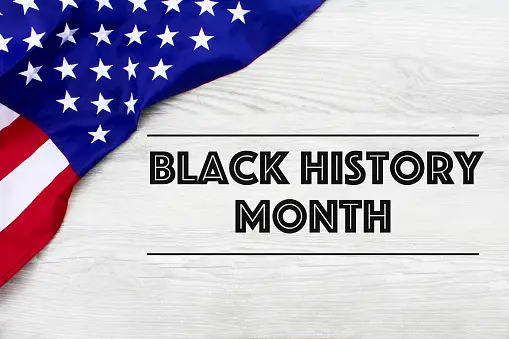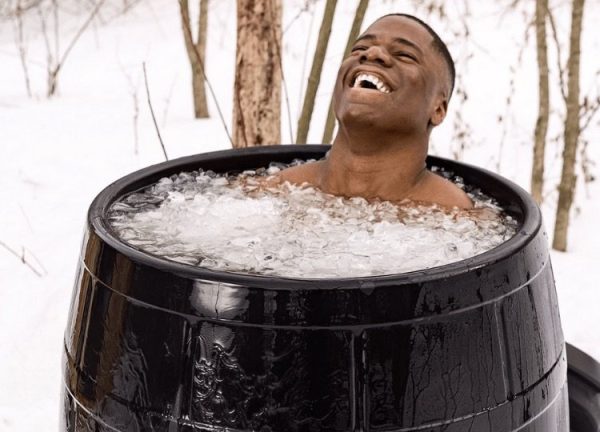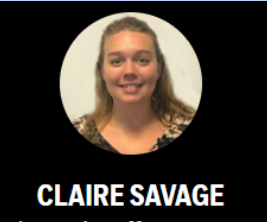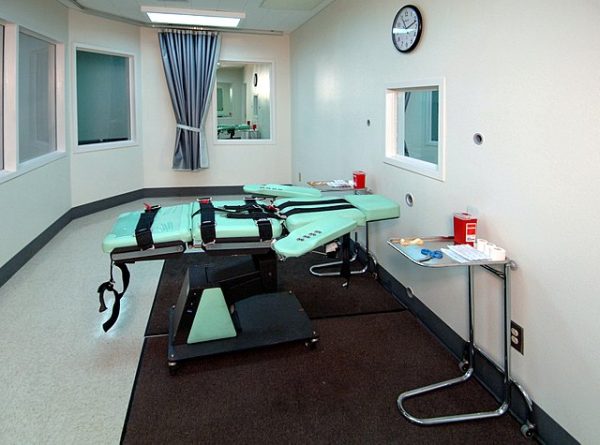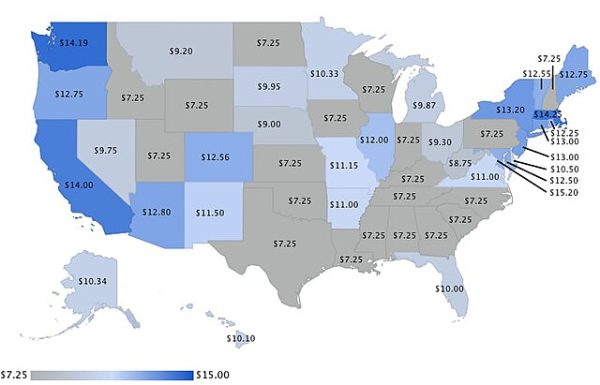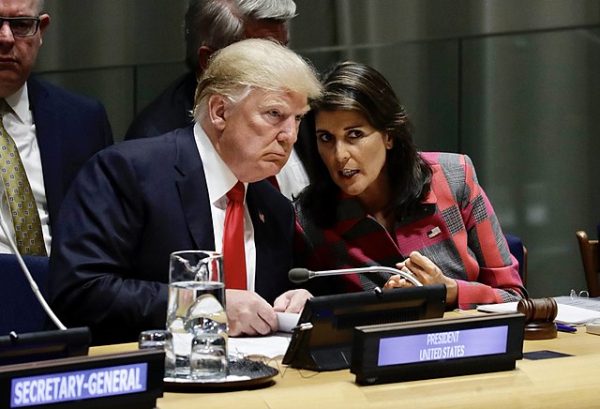CCES Teacher and Puerto Rican Native Finds Silver Lining in Hurricane Recovery
Because it has been two months since Hurricane Maria devastated Puerto Rico, I am not going to spend too much time talking about the facts. By now, you probably know most of what I could tell you and if not, there are thousands of websites online that have all the information. Instead, here is a short summary of the hurricane.
On September 20, 2017, the American territory of Puerto Rico was devastated by Hurricane Maria, a category 4 with sustained winds as high as 175 mph. Maria has been called the worst disaster in Puerto Rico’s history. The storm devastated several Caribbean Islands, causing at least 93 deaths and 95 billion dollars in damage. This sort of destruction is unprecedented and there is no way to know how long it will take to fully rebuild. The situation in Puerto Rico seems undoubtedly grim, but Puerto Ricans are working toward recovering and even finding the silver lining.

I was lucky enough to get to talk to someone who has personal ties to Puerto Rico. Jackey Waingart was Señora Misenheimer long-term substitute at the beginning of this school year. She lives in Greenville with her husband and daughters, but she is from Puerto Rico and her family lives on the Island. Señora Weingart’s mother, siblings, nieces, nephews, and other family members all live in Puerto Rico and are experiencing the effects of Hurricane Maria. According to Señora Weingart, her family is living, like most other Puerto Ricans, without basic necessities. They do not have electricity and have water only 2 hours a day. Unlike others, however, Señora Weingart’s family lives in a cement house opposed to a wooden home. Because of this, their house was not as devastated by the storm as flimsy wooden houses. The storm also made many of the major roads impassable, meaning that food and other necessities have to be trucked or flown into to the poorer parts of the island. This also explains why recovery is taking so long in places. People cannot easily reach places that need help most.
In stressful and hard times, it is easy for people to have an only negative view of the world. It can be hard to see the silver lining in terrible events like Hurricane Maria, but Señora Waingart is doing just that. She was kind enough to talk to me after school about how the hurricane has affected her and her family. What stood out to me most during our conversation, was not what she said about the hurricane, but what she said about the people. When I asked her about Maria, she told me that
“This has been awful for the island, but the only positive thing we can say about this experience is that now neighbours are talking to neighbours, people are helping each other, and we kinda lost that in our culture with the younger generation.”
Even with all that is going on in Puerto Rico, Señora Waingart is still optimistic for her native island. She is not just sitting around either. Señora Waingart asked all of her students to donate diapers and batteries to send to people who need these basic things. She has always loved kids, which is why she decided to collect diapers. “I said to myself ‘I’m just going to help the little ones, the one that can’t help themselves’”, she told me. Senora Weingart was able to collect hundreds of diapers and batteries that are going help lots of people.
Thankfully, Senora Weingart and her family are ok and plan to stay in Puerto Rico. There are still lots of people who need help, however. Because how difficult and expensive it is to get supplies to Puerto Rico, the best way to help are to send supplies in bulk and to keep the people of Puerto Rico in your prayers.

